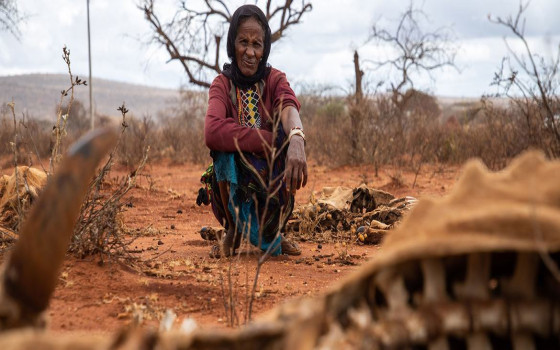
Women are more concerned than men about environmental risks.. Concerned about the state of nature now and in the future

- Europe and Arabs
- Friday , 6 September 2024 10:59 AM GMT
Brussels: Europe and the Arabs
In general, women around the world are more concerned about the state of nature, now and in the future, than men. This is evidenced by a survey conducted by the Ipsos polling agency in 22 countries, at the request of international environmental organizations Earth4All and the Global Commons Alliance, according to what the media in Brussels reported from the Belgian News Agency.
The survey shows that 62% of women feel very concerned about the state of nature, compared to 56% of men. Three-quarters of women surveyed also believe that radical measures should be taken immediately to address environmental problems over the next ten years, compared to less than seven in ten men.
A third of men also believe that claims about environmental risks are exaggerated, compared to a quarter of women. Women are also slightly less likely (35 percent versus 44 percent) to believe that technology can solve environmental problems without people changing their lifestyles. Prosecuting governments or companies
Regardless of gender, nearly three-quarters of those surveyed think it is good to prosecute governments or business leaders for endorsing actions that cause serious damage to nature and the climate. In Belgium’s new criminal code, approved in February, this provision is now under the heading of ecocide.
Nearly seven in ten respondents agree with the statement that the Earth has reached a tipping point in terms of climate and nature as a result of human activities. Respondents from low-wage countries such as India, China, Indonesia, Kenya and Turkey feel more personally vulnerable to climate change than people in Europe and the United States. According to the research, those who feel more affected also show more concern and urgency about climate.
The researchers surveyed 22,000 adults, including from 18 G20 countries. Of the individual countries that comprise the world’s 20 largest economies, only residents from Russia were surveyed.


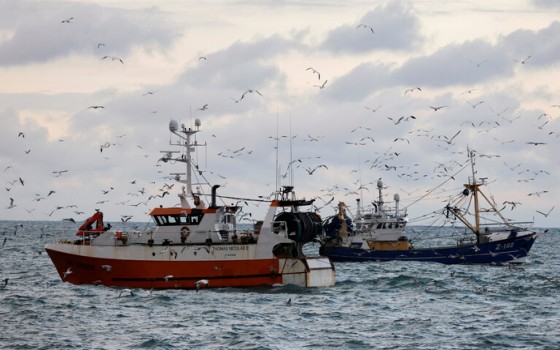

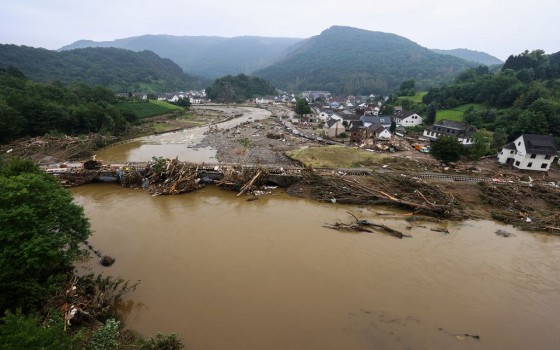
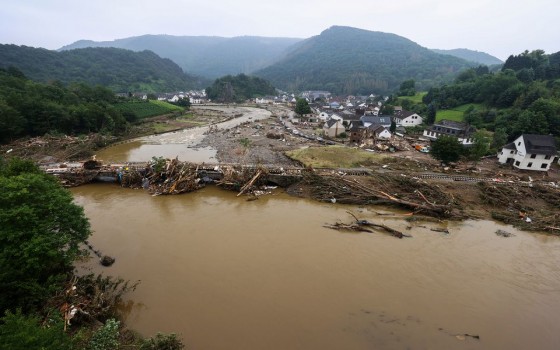


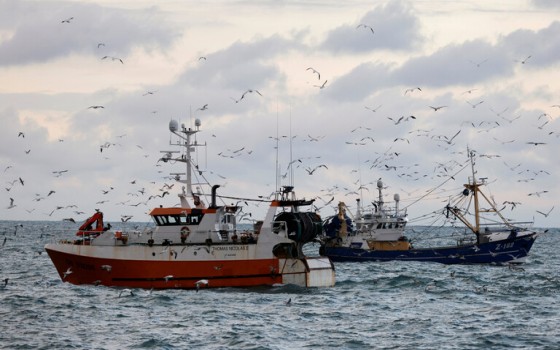



No Comments Found